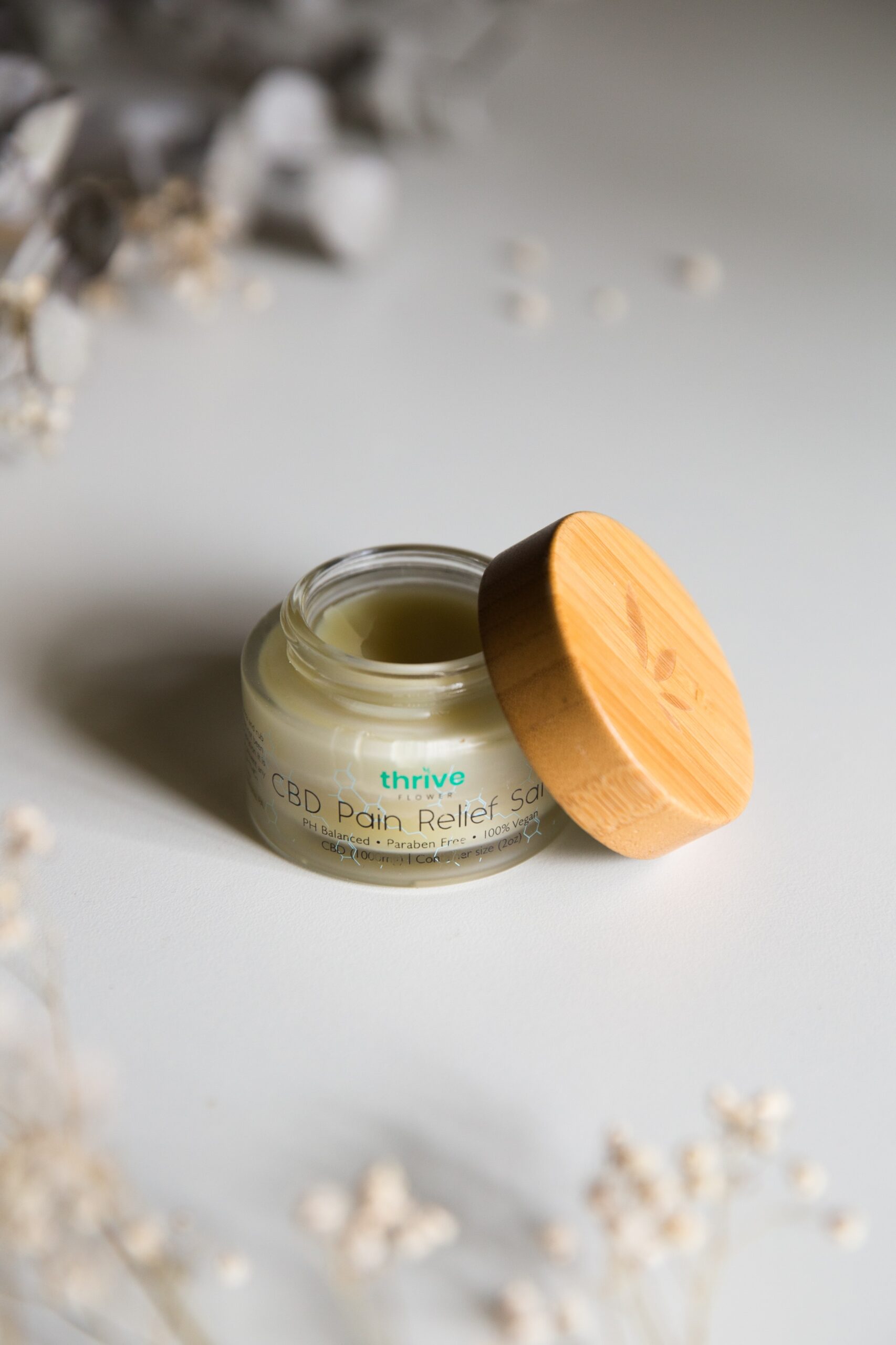Hemp Oil vs CBD Oil: Examining the Similarities and Differences
Updated June 2023
CBD (cannabidiol) and hemp seed oil are two natural products derived from the Cannabis sativa plant that have gained considerable attention for their potential health benefits. This article aims to delve into the similarities and differences between hemp oil vs CBD oil, based on information from peer-reviewed sources. By relying on scientific research, we can gain a better understanding of their unique properties and potential applications.
Similarities Between CBD and Hemp Seed Oil
Common Origin
CBD and hemp seed oil are both derived from the Cannabis sativa plant. A study published in the Journal of Clinical Investigation confirms their shared origin*. However, they are sourced from different parts of the plant, resulting in variations in their chemical composition.
Non-Psychoactive
Both CBD and hemp seed oil are non-psychoactive compounds. Unlike THC (tetrahydrocannabinol), which is the psychoactive component of cannabis, CBD and hemp seed oil do not induce a “high” or alter one’s state of mind*. This characteristic makes them appealing for those seeking natural remedies without the associated psychoactive effects.
Nutritional Value
Both CBD and hemp seed oil offer nutritional benefits. Hemp seed oil is rich in essential fatty acids, including omega-3 and omega-6, which are vital for maintaining a healthy balance in the body*. These fatty acids play a crucial role in supporting brain function, promoting cardiovascular health, and improving skin condition.
Similarly, CBD has been recognized for its potential therapeutic properties. Studies have shown that CBD exhibits anti-inflammatory, antioxidant, and analgesic effects*. These properties make CBD a promising candidate for managing pain, reducing inflammation, and potentially alleviating symptoms associated with various conditions, such as anxiety and depression*.
Differences Between Hemp Oil vs CBD Oil
Composition Differences Between Hemp Oil vs CBD Oil
Hemp seed oil is extracted from the seeds of the Cannabis sativa plant and contains little to no CBD or THC*. Its composition primarily consists of fatty acids, vitamins, minerals, and other phytochemicals, such as terpenes and flavonoids*. These compounds contribute to the oil’s nutritional value and potential health benefits.
CBD, on the other hand, is derived from the flowers, leaves, and stalks of the hemp plant. Its concentration in CBD products can vary depending on the extraction method and product type. CBD can be obtained as a full-spectrum extract, which contains not only CBD but also other cannabinoids, including THC, within legal limits*. Broad-spectrum extracts retain other cannabinoids but remove THC, while CBD isolate contains only pure CBD.
Uses Between Hemp Oil vs CBD Oil
Hemp seed oil is widely used in culinary applications, skincare products, and as a dietary supplement. Its nutty flavor and nutritional profile make it a popular ingredient in cooking, salad dressings, and smoothies*. In the skincare industry, hemp seed oil is valued for its moisturizing and nourishing properties, promoting healthy skin and hair. It is also consumed as a dietary supplement to support overall well-being and provide essential fatty acids*.
CBD, on the other hand, is primarily used for its potential therapeutic benefits. CBD products are available in various forms, including oils, capsules, topicals, and edibles. CBD oil, in particular, is widely used for managing pain, reducing anxiety and depression symptoms, improving sleep quality, and supporting overall relaxation and well-being*. Furthermore, CBD has been the subject of pharmaceutical research, resulting in the development of medications for specific conditions, such as Epidiolex for the treatment of certain forms of epilepsy*.
Legal Status Between Hemp Oil vs CBD Oil
The legal status of hemp oil vs CBD oil varies across countries and regions. Hemp seed oil is generally legal to produce and consume, as it does not contain significant amounts of CBD or THC*. However, regulations regarding CBD can be more complex.
In some regions, CBD derived from hemp with less than 0.3% THC is legal, while others have stricter regulations or consider it illegal altogether. For example, in the United States, the 2018 Farm Bill legalized hemp-derived CBD at the federal level, but individual states may have additional regulations (U.S. Food and Drug Administration, 2020). It is crucial to research and understand the local laws and regulations before purchasing or using CBD products.
Research Focus
While both CBD and hemp seed oil have been the subject of scientific research, the focus and depth of research differ. Hemp seed oil studies primarily explore its nutritional composition and potential health benefits related to its fatty acid profile. These studies aim to understand its impact on heart health, brain function, and skin conditions.
CBD, on the other hand, has garnered significant attention for its potential therapeutic applications. Extensive research has explored the mechanisms of action of CBD, its effects on the endocannabinoid system, and its potential in managing pain, inflammation, anxiety, depression, epilepsy, and other medical conditions*.
Hemp Oil vs CBD Oil: Conclusion

CBD and hemp seed oil share a common origin but differ significantly in their composition, uses, legal status, and research focus. Hemp seed oil is valued for its nutritional composition and finds applications in cooking, skincare, and dietary supplementation. CBD, on the other hand, is primarily used for its potential therapeutic benefits, with extensive research supporting its role in managing various conditions. Understanding these differences is crucial when considering the incorporation of CBD or hemp seed oil into your lifestyle. Always consult with healthcare professionals and familiarize yourself with local regulations to make informed decisions regarding hemp oil vs CBD oil.







